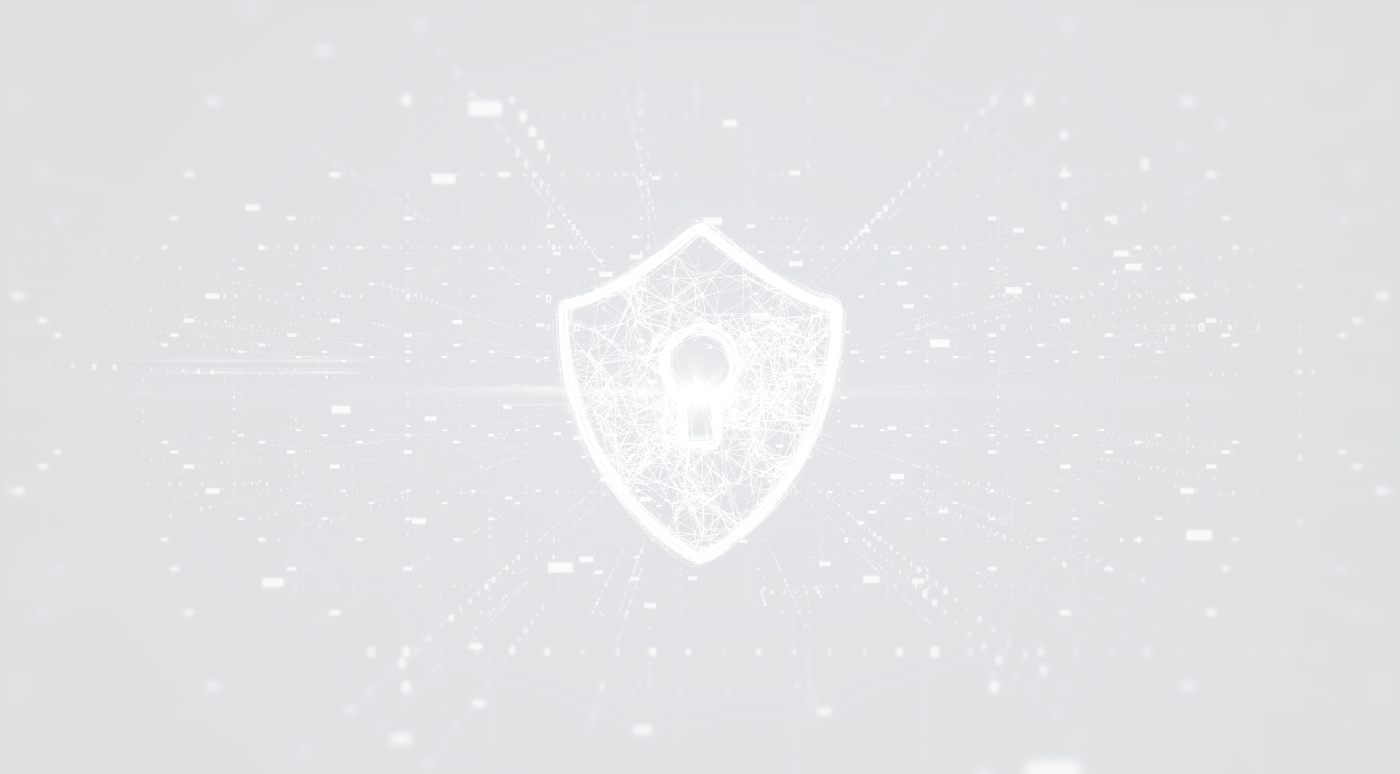An underestimated danger of digitalization - hacker attacks in industry 4.0
The advancing digitalization has fundamentally changed plant engineering. Intelligent systems, digital controls and networked processes enable precise and efficient production. Industries such as the automotive industry, intralogistics and conveyor technology in particular benefit from these developments. At the same time, however, digitalization also opens the door to new threats: cybercrime now poses a serious threat to the security and stability of the industry. In addition to classic challenges such as material shortages or technical malfunctions, companies are increasingly exposed to targeted hacker attacks. These can have serious consequences - from production downtimes to the theft of sensitive design data.

Digitalization in plant engineering: opportunities and risks
In plant engineering, many companies rely on cutting-edge technologies such as digital twins, IoT (Internet of Things) systems and AI-supported controls. These enable the monitoring, optimization and maintenance of systems in real time. Industries such as the automotive industry use such technologies to improve just-in-time manufacturing processes, while in intralogistics, automated conveyor systems ensure efficient warehouse management.
However, the networking of these systems also entails risks. Every component of a networked system - whether sensor, control cabinet or control software - can become a gateway for hackers. A cyber attack could cause significant disruption, particularly in conveyor technology, where complex controls are responsible for the flow of materials.

Methods of cybercrime in plant engineering
Hackers use different approaches to exploit vulnerabilities in IT and OT (Operational Technology) infrastructure:
- Manipulation of production facilities: Targeted attacks on industrial control systems can disrupt production processes or damage machines.
- Ransomware attacks: Hackers encrypt data or block access to systems and demand a ransom. Such attacks can paralyze entire production lines.
- Phishing and social engineering: Employees are tricked into disclosing sensitive data or installing malware through deceptively real emails or phone calls.
- Denial-of-Service attacks (DDoS): Network overload makes systems inaccessible, leading to production interruptions.
Hacker attacks in plant engineering often aim to cause financial damage to companies through blackmail. Hacker attacks can not only lead to massive production downtime, but can also place a significant strain on business relationships because confidential information or trade secrets are put at risk.

Impacts on specific industries
Cyberattacks do not affect all industries equally, but some are particularly vulnerable:
- Automotive industry: Automated production lines and AI-based quality controls are used here. An attack could lead to massive production downtime or endanger the safety of vehicles.
- Intralogistics: Networked conveyor systems, warehouse robots and data-based controls are essential for the flow of goods. An interruption can significantly disrupt supply chains.
- Conveyor technology: Systems for conveying materials, such as belt and chain conveyors, are often highly automated and networked through digital control systems. Attacks could paralyze these systems and significantly impair operations.

Why plant manufacturers are particularly at risk
Plant manufacturers are often closely connected to suppliers and end customers in the supply chain. This networking offers cyber criminals numerous entry points to carry out attacks:
- Hackers can infiltrate networks via poorly secured devices (e.g. outdated control software in control cabinets).
- Production plans that are exchanged digitally between partners can be intercepted or manipulated.
- The focus on increasing efficiency through AI-supported automation offers attackers new targets, as AI systems themselves can be manipulated.
Security measures: how companies can protect themselves
Given the threat of cybercrime, plant engineering companies should take preventive measures:
- Network segmentation:
IT and OT networks should be strictly separated to minimize the risk of malware spreading.
- Access restrictions: Only authorized persons should have access to sensitive systems. Multi-factor authentication can provide additional protection here.
- Regular updates:
Outdated software and controls are a common gateway for hackers. Regular updates close known security gaps.
- Protecting control systems:
In areas such as control cabinet construction, tamper-proof controls and integrated firewalls can significantly improve security.
- Training for employees:
Education about phishing, social engineering and the safe use of IT systems is essential to minimize human errors.
- Incident response plans:
Companies should have clear emergency plans in place to respond quickly in the event of an attack.
- Certifications and security standards:
Compliance with ISO certificates or industry-specific security standards strengthens trust in the systems used.
- Monitoring systems:
Use of AI-based tools to monitor and detect unusual activities in networks at an early stage.
- Collaborate with experts:
Cybersecurity specialists can help identify and close security gaps.


Examples: Hacker attacks on plant construction
A prominent example of the vulnerability of manufacturing companies was the cyberattack on the Schlatter Group in Switzerland. The mechanical engineering company fell victim to a ransomware attack in which the attackers threatened to disclose sensitive company data. The agricultural machinery manufacturer Lemken was similarly affected , with its production brought to a standstill by hacker attacks in 2024. Another well-known example is the Stuxnet malware attack in 2010, which was specifically designed to sabotage industrial control systems. This incident shows that cybercrime can also specifically target individual plant manufacturers when geopolitical or economic interests are at play.
Prevention and the right partners as the key to cybersecurity in plant engineering
The increasing digitalization offers enormous opportunities for plant engineering, but it also brings with it new risks. This makes it all the more important to take preventive measures and work with the right partners to ensure cybersecurity. WIMTECH, as a highly specialized service provider in plant engineering for mechanical and electrical assembly, control cabinet construction and contract manufacturing of complex assemblies and plant components, relies on a comprehensive security approach.
As a TÜV-certified company, WIMTECH ensures that the highest security standards are maintained in all project steps - both in the internal systems and in the solutions provided to customers. Prevention through targeted security measures, regular training and cooperation with leading experts in the field of cyber security are crucial to successfully countering the growing threats in the digital world.

„Choosing the right partner who offers not only technological expertise but also sound security strategies is crucial.”
Contact us
With our know-how in the areas of plant engineering and electrical engineering, the necessary human resources and a global network, we are ready for your project!


